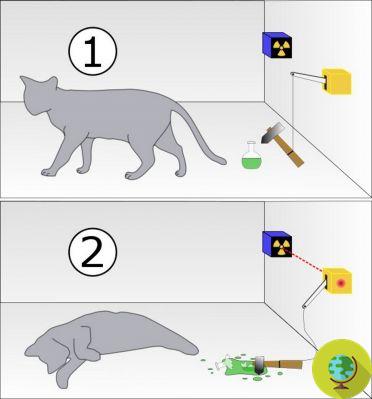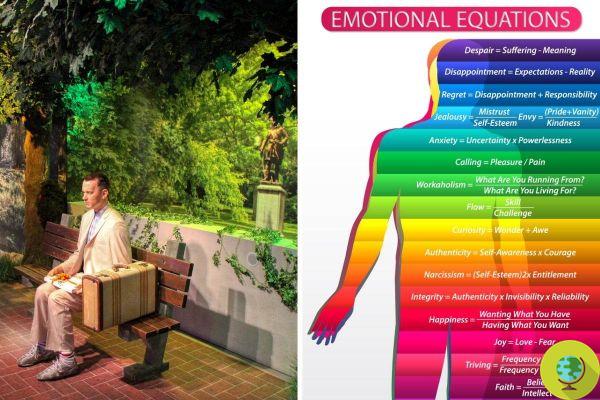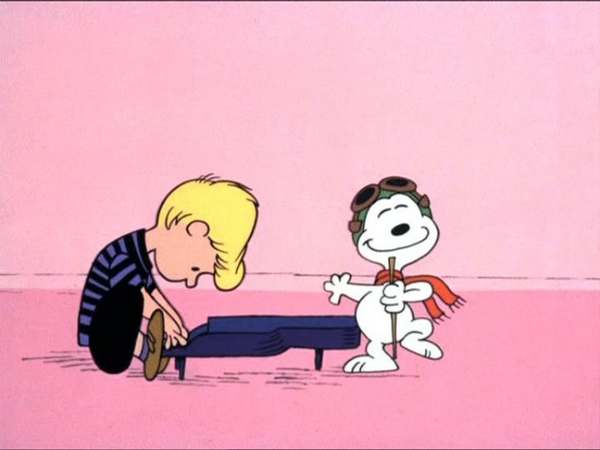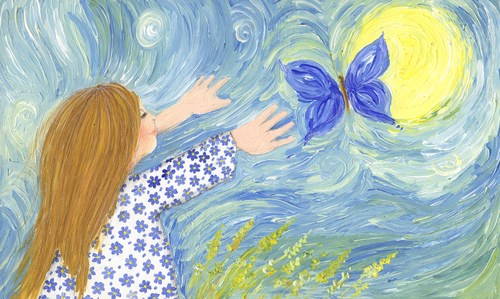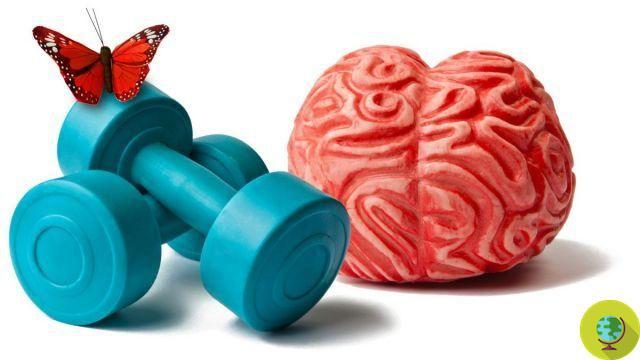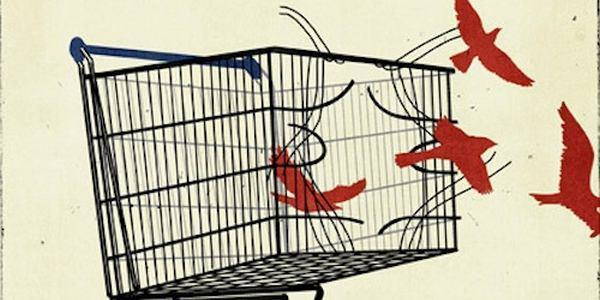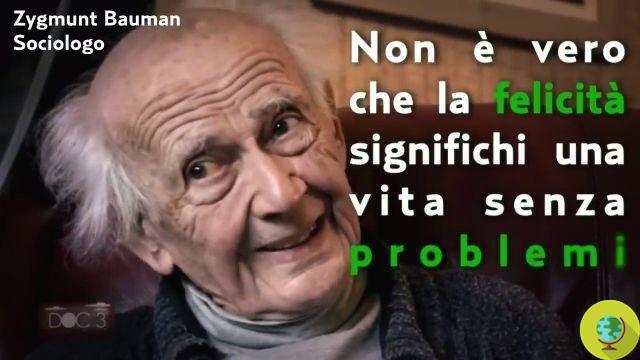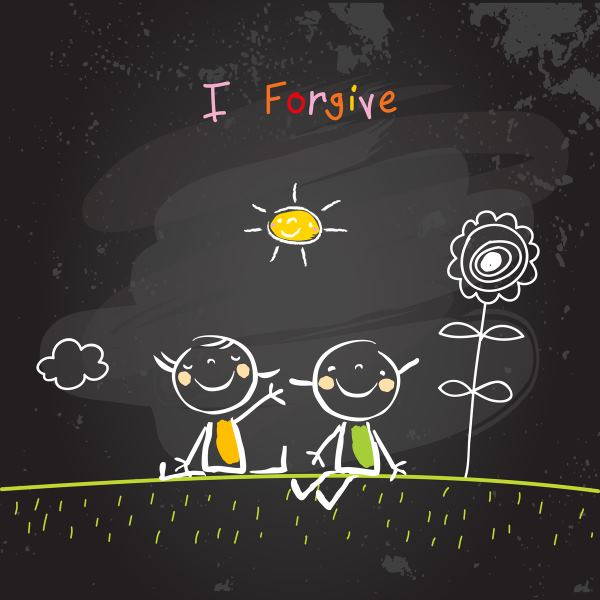
Facing Christmas with the pain of a more or less recent bereavement: three tips from Fausto Carotenuto to resume dialogue with our deceased loved ones and rediscover serenity and new sharing.
Don't store avocado like this: it's dangerousIt matters little whether the mourning is "fresh" or further away in time. Thinking of those who are particularly dear to us no longer exist, the air that prepares for the Christmas holidays for many can acquire a dull aftertaste, made up of a yearning melancholy or an ineluctable and acute lack that resonates with more force. What a happy Christmas can it be if the one you love is gone?
"Christmas with your family" is not a saying that comes about by chance. To understand it it is necessary to start from the origins. “The meaning of Christmas has always been the rising of Light and Love”: he specifies Fausto Carotenuto (founder of Consciences on the Net, conducts seminars on "How to learn to dialogue peacefully with loved ones who have left us").
The Nativity arrives on our calendar immediately after the Winter Solstice, when the Sun (which for the ancients was the most evident manifestation of divine love that illuminates and warms everyone, without discrimination, giving - through its rays - parts of itself ) returns to take up more space, on days that begin to get longer. We come out of the "darkness" of winter; what once resounded in the soul of men - and now it is lost - was the fact that this heat and light began to see and feel better even within oneself: the external experience was related to the internal one. The Bambinello adds a further gift to humanity:
“The birth of love on Earth; in other words, the sun is no longer just a cosmic event but also an interior sun, which grows within each of us. This novelty, which profoundly changes man's attitude, translates into an impulse to go out to meet others, to become more loving (or more good) and more "warm", that is, with a welcoming, attentive, present emotional quality. . The first "warmth" that is spontaneously sought is precisely that of the family, then that of others. We are driven to become more sunny ”.
Consumerism has upset everything, it has lost sight of the founding core - love - around which parties, eating together, sparkling wine, gifts, yes, make sense. Beyond the apparent warm atmospheres told by the advertisements, it again brought the dark and cold of matter disconnected to the Spirit, of the night without real warmth: the love we are talking about is glossy, fake, voluptuous, superficial. It is a "love each other" (just to sell a product) that - strategically - is linked to our primary, original need for authentic Light and Warmth.
Thus, in a period in which in one way or another, for love or because it is done so, relationships are revived and families often find themselves together, those who have lost someone dear, those who are grieving, can feel particularly alone, perhaps also as "mutilated" and in pain: he feels alive inside himself and stronger - but he considers impossible to realize - the deep desire for warmth in finding oneself and the pleasure of loving exchange.
Here it is, here we are: this is the bare and raw core of mourning and Christmas put together. At least at first glance. Yes, because that they are an impossible desire and an impossible pleasure, after all, it is only a materialistic belief.
“Only one thing can help us: to feel, to realize that these loved ones, even if in another dimension, are still there, they are close to us and they can be even more so if we think about them and love them. It is about learning a new way of communicating with them. Just as the Sun and the desire for Love are reborn within us, so we can feed the light of hope and the trust that we are still together - even if we don't see each other - and we will go back to being together. Love never dies. Trust comes from experience, from the practice of a conscious and daily dialogue, without the need for any medium: our affections that are beyond the Threshold cannot wait to be able to get in touch with us again and continue to nourish the 'affection, support us ”.
How to get started? Fausto Carotenuto suggests three ways we can commit to immediately:
- do "good deeds" and dedicate them to our loved ones
- send them thoughts of affection (as if they were messages sent on the mobile phone to a distant person but who is in the heart)
- bring them into our days of celebration, in our lunches or dinners, in bingo or in meetings: remembering them with anecdotes, talking about them with love, we allow them to be with us and participate in that warmth.
“It is a sowing which allows us to open a new dialogue and which will make our deceased loved ones happy too; we will have as a gift intuitions, inspirations, a new sensation of warmth. Opening the heart in their direction, sharing thoughts, little by little one will pass from a feeling of lack or mutilation to one of fullness. So crying can turn into emotion, in a new form of sharing - on both sides of the visible - of a beautiful moment ".
The beauty of existence can only be strengthened in the rebirth of love within and beyond this life. So what better time than Christmas to start with?
(For those interested in the seminar "How to learn to dialogue peacefully with loved ones who have left us", the next appointment with Fausto Carotenuto is from 4 to 6 January 2019, near Orvieto).
Read also: How to overcome the loss of a loved one





